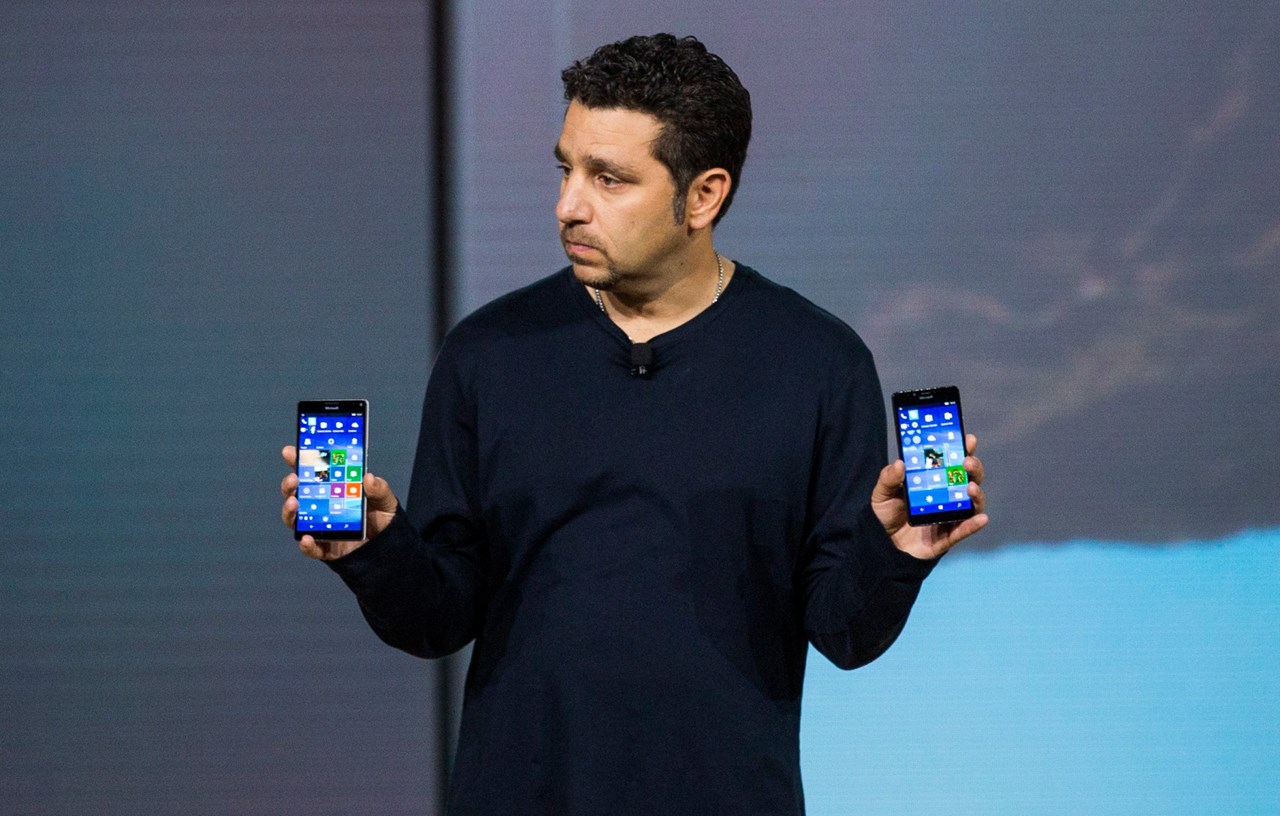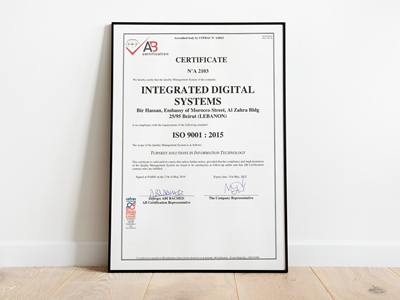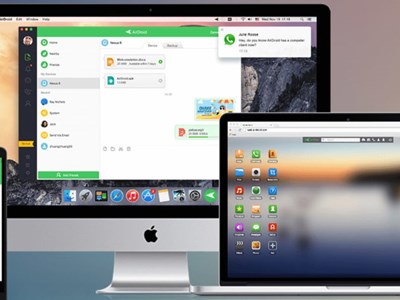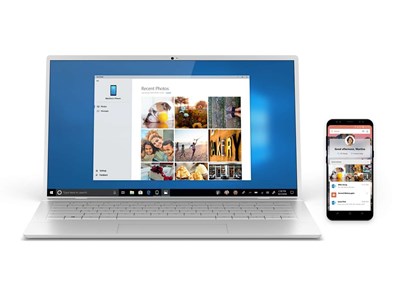Over the weekend, Microsoft Corporate VP of Windows Joe Belfiore confirmed what its biggest fans already knew — Windows 10 Mobile, the company's smartphone operating system, is dead.
It's not much of a shock. There hasn't been a Microsoft-made Windows 10 Mobile flagship phone since 2015's Lumia 950, and HP recently pulled the plug on its ambitious Elite x3. Top Microsoft execs had previously said Windows 10 Mobile wasn't really a focus, choosing instead to double down on releasing iPhone and Android apps.
And while Microsoft hasn't totally shut the door on getting back into the smartphone game one day — a persistent rumor holds that Microsoft is working on a so-called "Surface Phone" — the company has for now thrown in the towel.
Which leads to a really important question: With Windows 10 Mobile dead, and the PC market in steady decline, what comes next for Microsoft in general and Windows 10 in particular?
If you ask Microsoft, the answer is augmented reality (AR), the technology that layers digital images on top of views of the real world via a smartphone or, more promisingly, special glasses. Microsoft spurred a lot of the AR hype when it debuted its HoloLens goggles in 2015, and the company thinks similar AR eyewear could ultimately replace phones. Why carry a smartphone, when your glasses will allow you to see your texts and view Netflix, no hands needed?
The problem for Microsoft is that the decline and demise of Windows 10 Mobile could undermine its AR strategy, as Ars Technica's Peter Bright noted back in August.
Google and Apple are building augmented reality technology into Android and iOS, respectively, giving those platforms an on-ramp into the future Microsoft envisions. It's now relatively easy for iPhone and Android developers to add AR to their mobile apps and to distribute those AR-powered apps widely.
By contrast, because it no longer has a viable mobile operating system, Microsoft runs the risk of getting left behind.
To be sure, just because the company is giving up on Windows 10 Mobile doesn't mean it's abandoning the AR future. The company has teamed up with Samsung, Dell, and others to make and promote virtual reality (VR) headsets for Windows 10 PCs. Microsoft holds that VR and AR are two sides of the same coin, so success in one will lead to success in the other.
More broadly, the company is trying to keep Windows 10 relevant and vital, even if it's been boxed out of the mobile market. So, the company is doubling down on the things Windows is good at.
Video gamers love Windows, for example. So Microsoft is strengthening its game efforts. It recently promoted Xbox boss Phil Spencer to CEO Satya Nadella's most senior leadership team. And the company has made a concerted push to bring more Xbox games to the PC (and vice versa).
Meanwhile, Office is still a huge profit center for the company. Microsoft is adding features for Windows users, including updating Windows Ink, the feature that allows users to interact with their devices using a stylus. Eventually, Microsoft wants consumers to be able to use Windows 10 with nothing other than a pen, opening the PC up to all-new uses.
Still without a mobile operating system, Microsoft's task of keeping Windows relevant won't be easy. And its bets will likely get riskier and its shots longer
Source: Business Insider













Comments